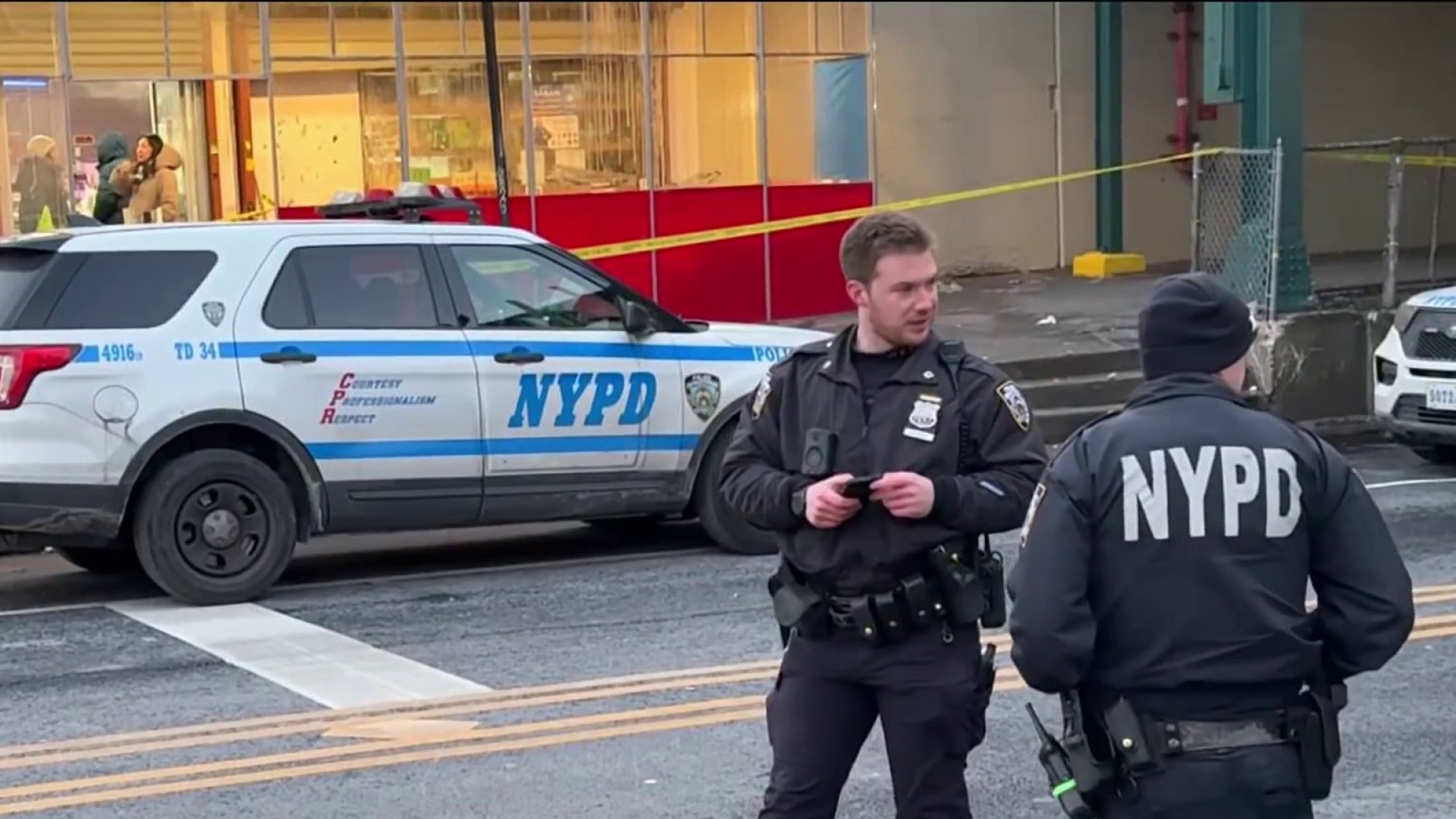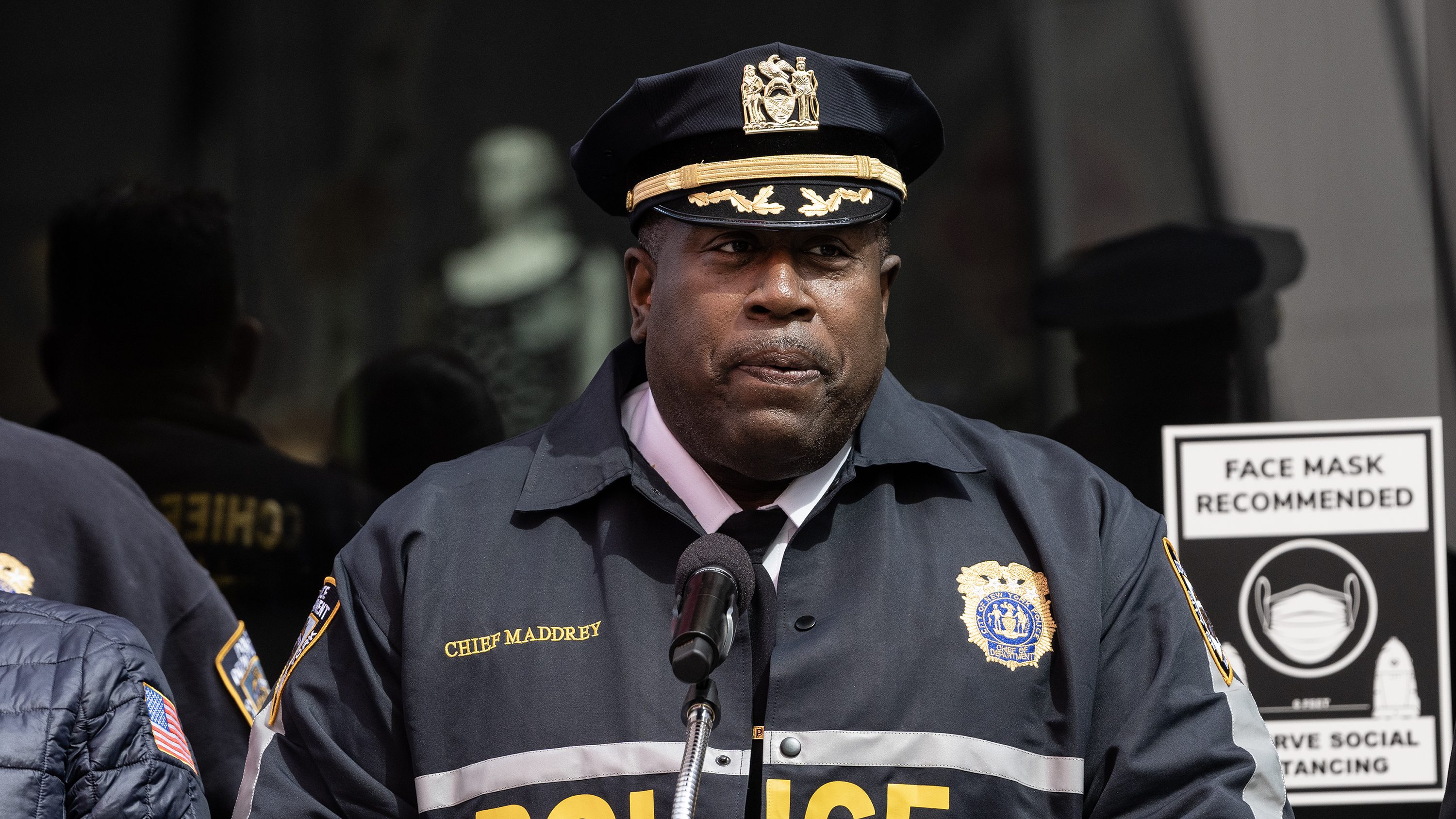Soaring temperatures and oppressive humidity sent New Yorkers in droves to the nearest swimming pool this week, but with the flood of water-seekers, some may wonder how city pools measure up in terms of safety and sanitation.
The I-Team reviewed records of pool inspections and violations for all New York City Parks and Recreation Pools for 2013 and 2014. The investigation showed dozens of public health violations are issued each year for problems like lack of supervisory staff, overcrowding and, in some cases, failure to operate filtration and disinfection equipment continuously.
For example, the Astoria Pool in Queens had 10 violations in recent years. Five of the violations were considered "critical," including failing to provide a valid pool operator certificate, having inadequate water test kits and improperly operating the flow meter.
One violation involving chlorine levels during use of the pool was listed as a public health hazard.
Alexandra Hildago, who recently went to the Astoria Pool, said, "It’s super clean, but if I knew it was dirty, I would not come again."
Other top offenders included Saint Mary’s in the Bronx, St. John’s Recreation Center in Brooklyn and Hamilton Fish on the Lower East Side. St. Mary's was recently cited for not using the filtration and disinfection equipment continuously. St. John's was cited three times in a month for failing to have adequate water test kits. Hamilton Fish was cited three times for not providing warm shower water, soap, wash basins or hand-drying facilities.
Officials from the New York City Department of Parks and Recreation say violations are corrected after they are flagged and staffing is not an issue.
Liam Kavanagh, first deputy commissioner for the parks department, said parks officials are working with the Department of Health to address concerns.
Local
"We’ve worked out procedures through which we are able to meet the water quality standards even though some of our mechanical systems don’t support the modern technology,” says Kavanagh.
But the violations are telling, says Mary O’Donoghue, senior director of aquatics at the YMCA of Greater New York.
“It can give you a good guideline as to how safely that pool has operated. If they are getting violations and they are getting them again in the next month, it can be a sign that it’s not run properly,” O'Donoghue said.
Most of the pools reviewed by the I-Team investigation are due for their annual inspections this week.
In the meantime, swimmers like Latifah Lawal say they feel better knowing inspections are a part of what’s keeping the public pools safe and sanitary on these hot summer days.



